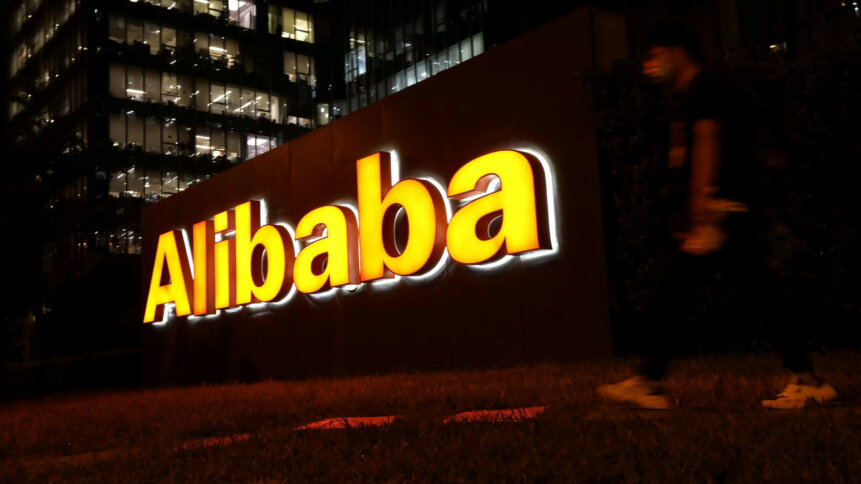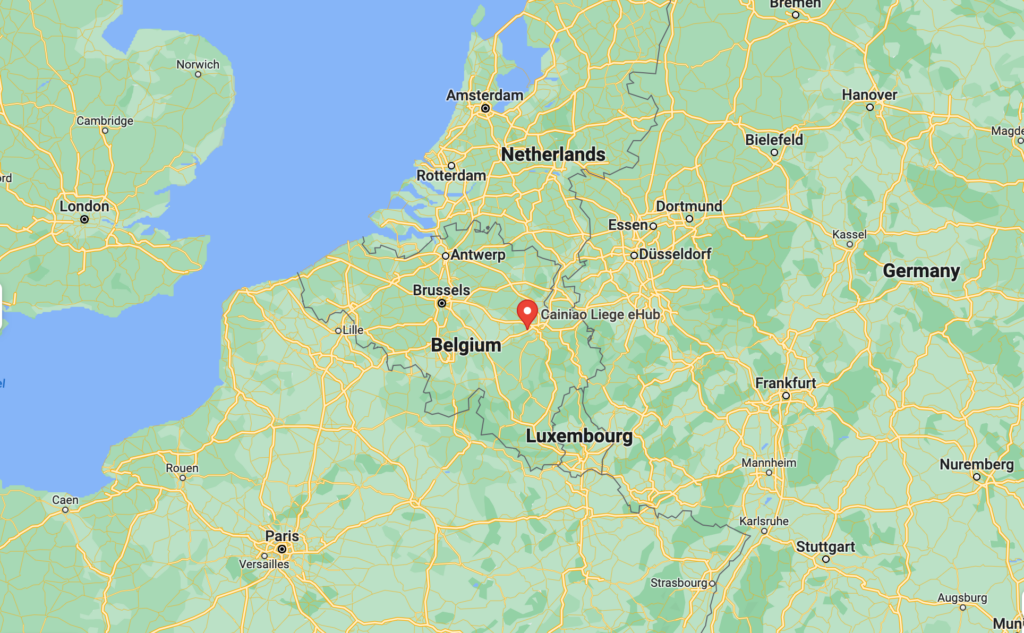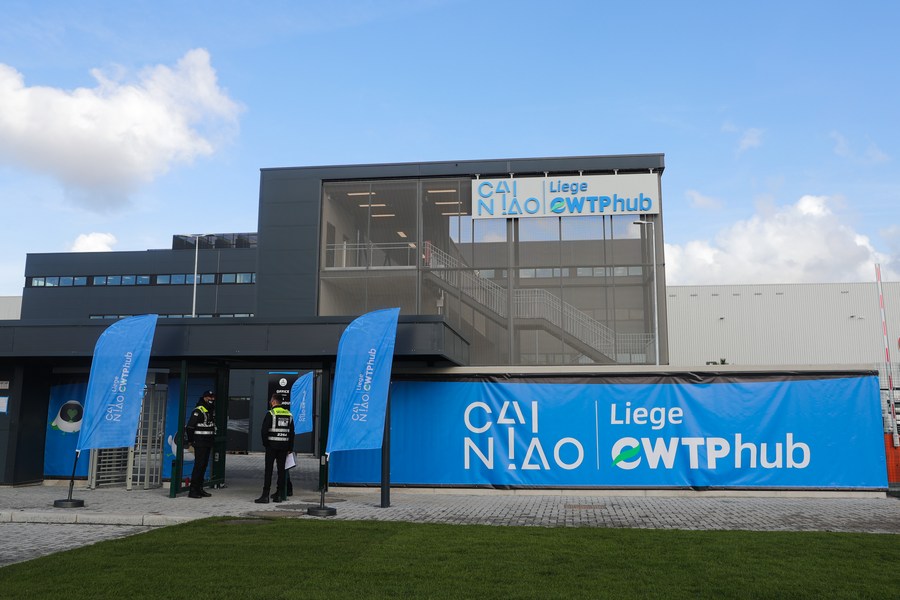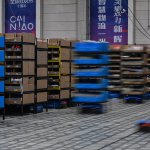
• Alibaba in Europe is under security scrutiny.
• There are suspicions that the company is doing reconnaisance for Beijing.
• Alibaba strongly denies the claims.
Alibaba in Europe might not last. Due to suspicions that Beijing is exploiting its growing economic presence in the West, Belgian intelligence services have been scrutinizing Alibaba’s presence at Liege airport.
Belgian officials are publicly looking into the risks around the presence of Alibaba Group Holdings at the cargo airport, according to the country’s intelligence service, VSSE.
In a statement on Thursday, it said it was working to “detect and fight against possible spying and/or interference activities carried out by Chinese entities including Alibaba.”
In 2018, Alibaba signed an agreement with the Belgian government to open an e-commerce trade hub that would include investment in logistics infrastructure. The hub would be run by Cainiao.

The only European logistics center operated by Alibaba’s spinoff, Cainiao. It mainly handles goods sold directly to European consumers through the online shopping site AliExpress.
Last month, the Chinese e-commerce giant filed to list Cainiao on the Hong Kong stock exchange, making the unit the first to be separated since Alibaba said it would restructure. In March, the company said it would split its business into six units.

Alibaba in Europe – here today, gone tomorrow?
The VSSE began monitoring Alibaba’s main logistics hub in Europe for espionage on the basis of suspicions that Beijing has been exploiting its growing economic presence in the west. As part of a reassessment of the EU’s traditional openness to trade with China, European governments have increased scrutiny of alleged security and economic risks posed by Chinese companies.
Alibaba, unsurprisingly, denies any wrongdoing. When the agreement was signed that it would open the hub in Liege in 2018, it put 100 million euros of investment into the ailing economy in the area. Even before it was built, potential espionage at the hub was a concern.
At the time, China strongly denied the “unprovoked insinuations” over the exaggerated “so-called security risks of Chinese companies.”
Echoing this, Alibaba’s logistics arm Cainiao said recently “we strongly deny the allegations based on prior conjecture […] Cainiao is in compliance with all laws and regulations where it operates.”
“The main concern is that this platform, alongside a couple of other logistical platforms that the Chinese have been proposing to European countries, is giving them a lot of insights into supply chains and into eventual vulnerabilities,” said Jonathan Holslag, a professor at the Vrije Universiteit Brussel.

The logistics hub is an industrial area of warehouses that has access to the airport’s airfield.
A person familiar with Alibaba’s relations to China’s government told the Financial Times that the logistics centers are expected to pass on information about local sentiment and report data back about European trade and logistics to Beijing’s authorities.
There’s general hostility in the west towards Chinese-owned businesses, whether or not it’s founded. However, commercial organizations operated by Chinese companies anywhere outside of the country is beginning to struggle. Just last week, Indonesia introduced legislation barring TikTok Shop from operating in the region.
The concerns about Alibaba’s hub in Belgium haven’t yet escalated beyond surveillance of the company’s dealings in the country, but with global tensions rising, we’d better not get used to ordering from Alibaba in Europe.











